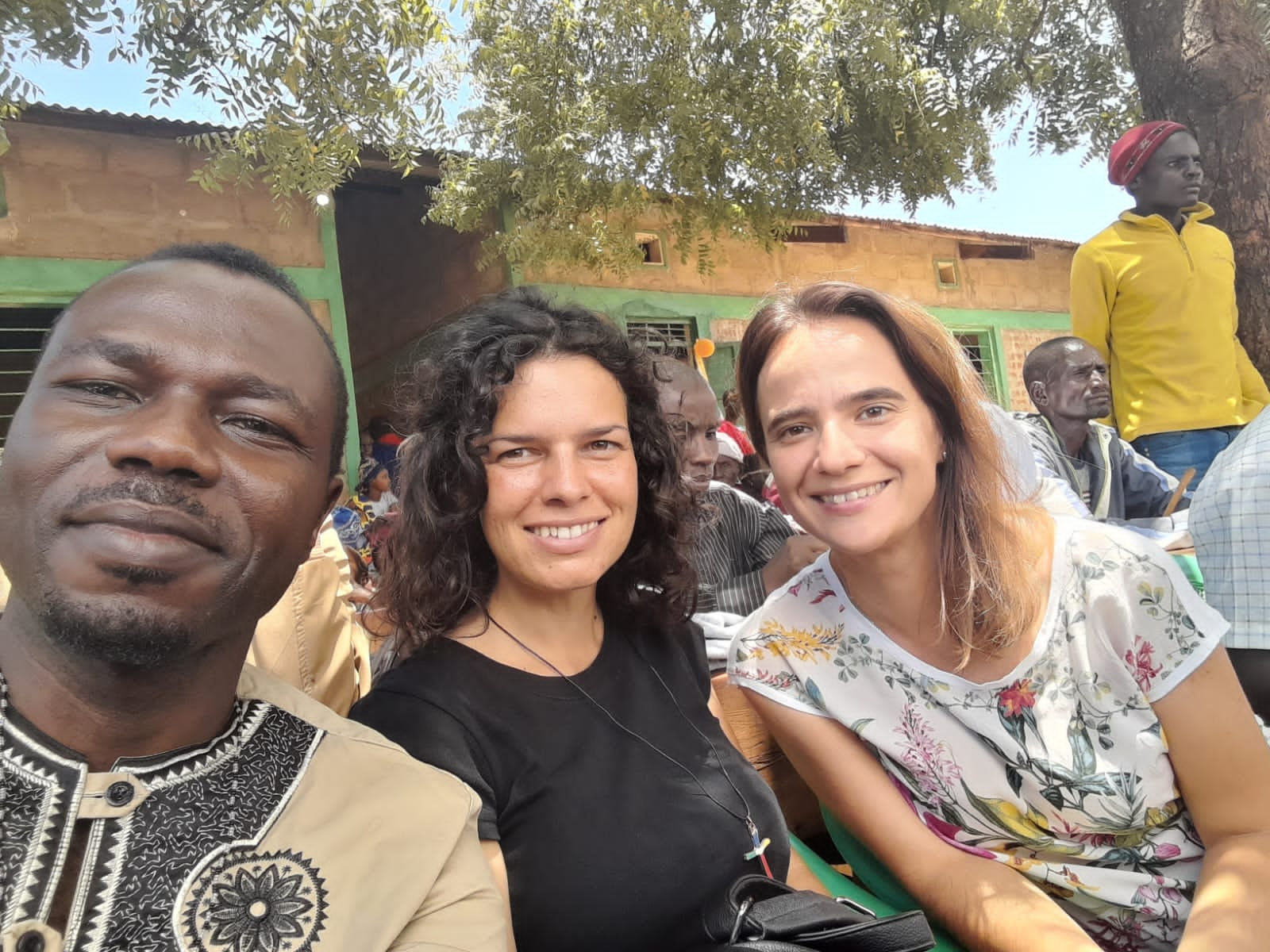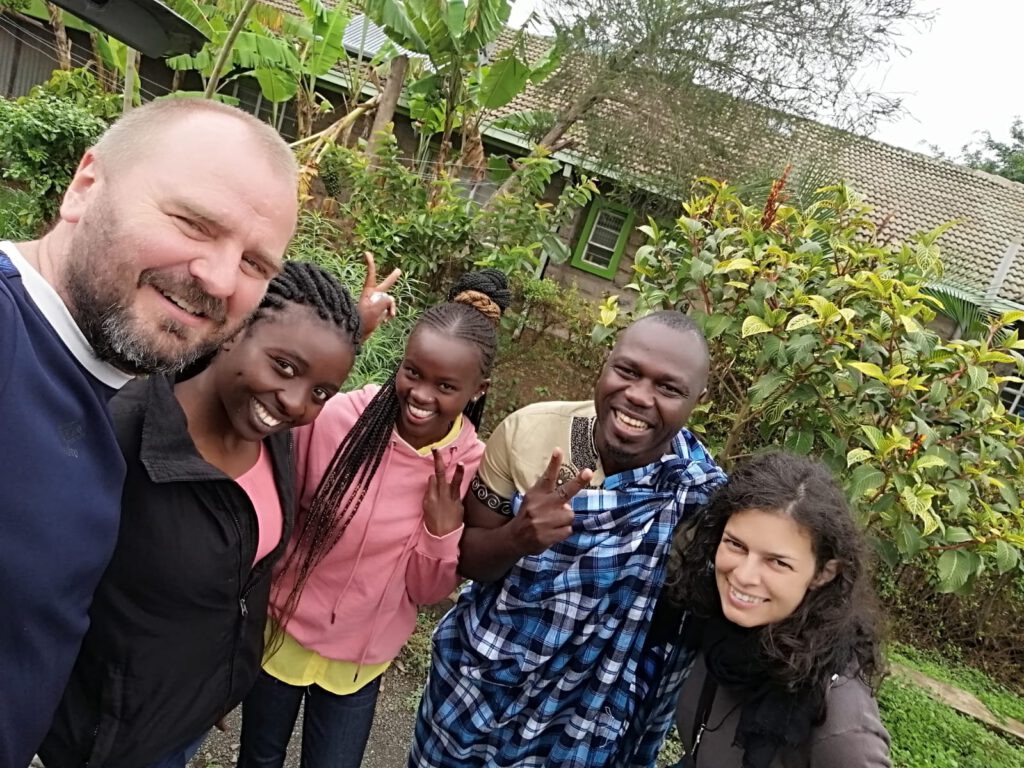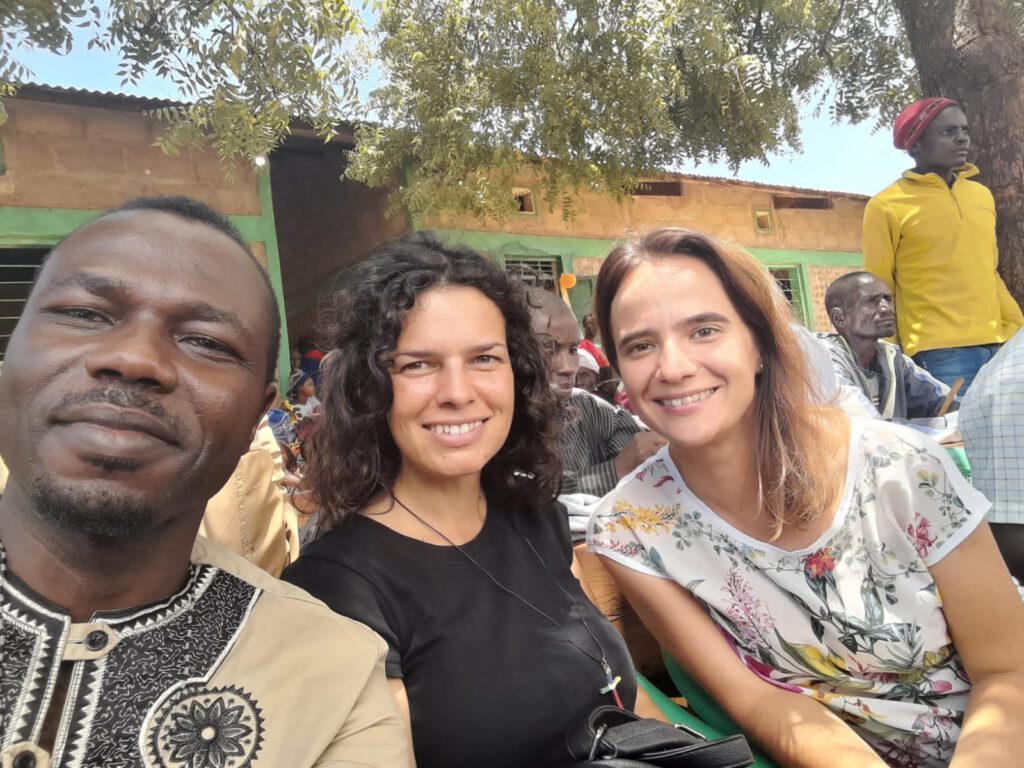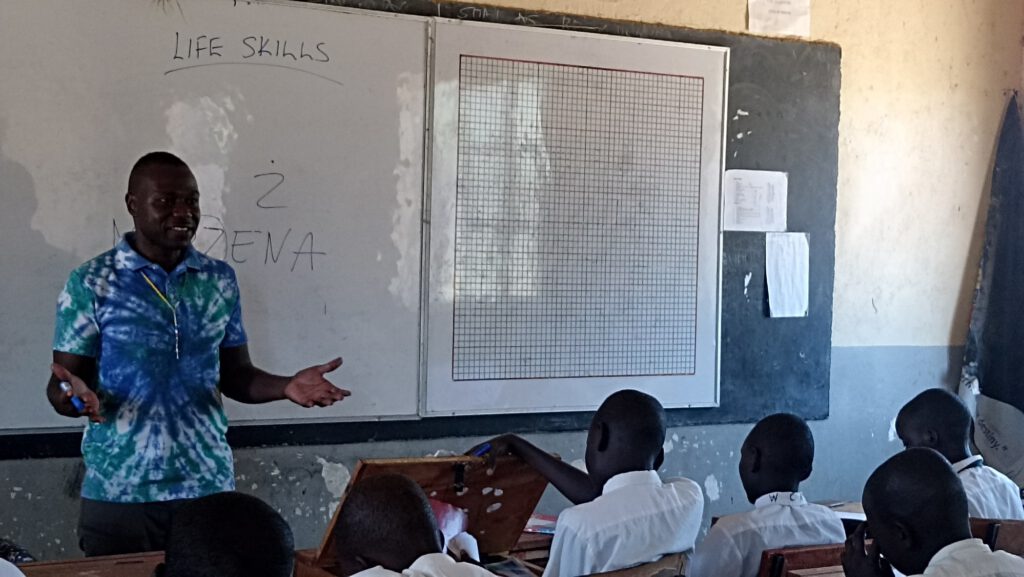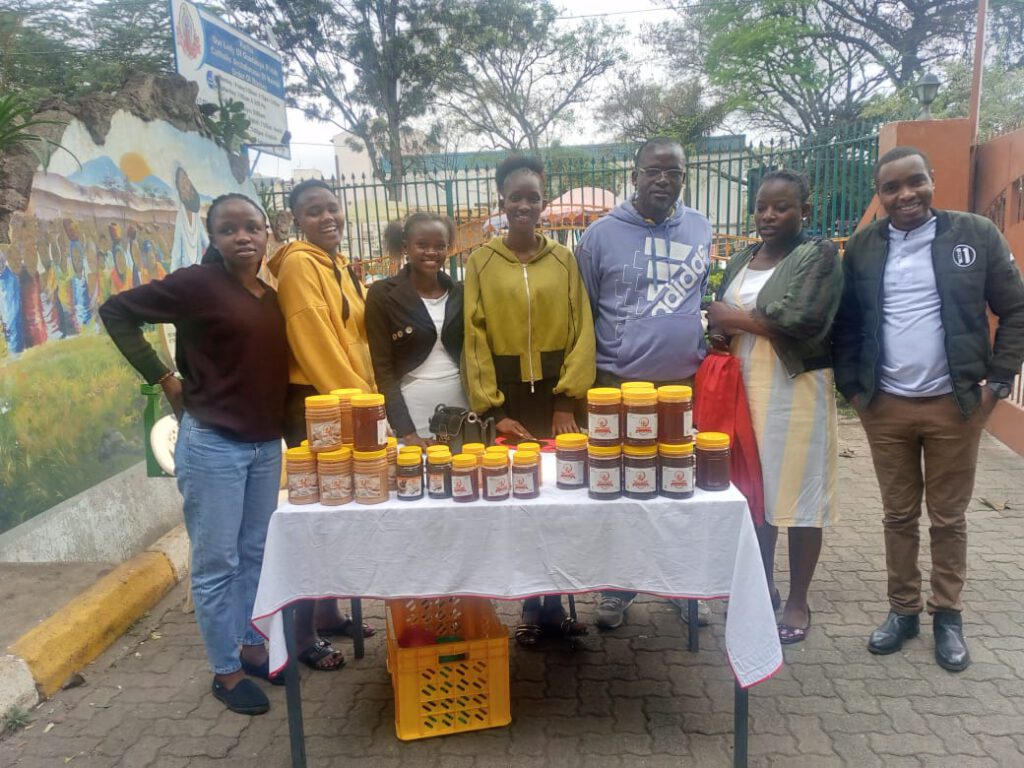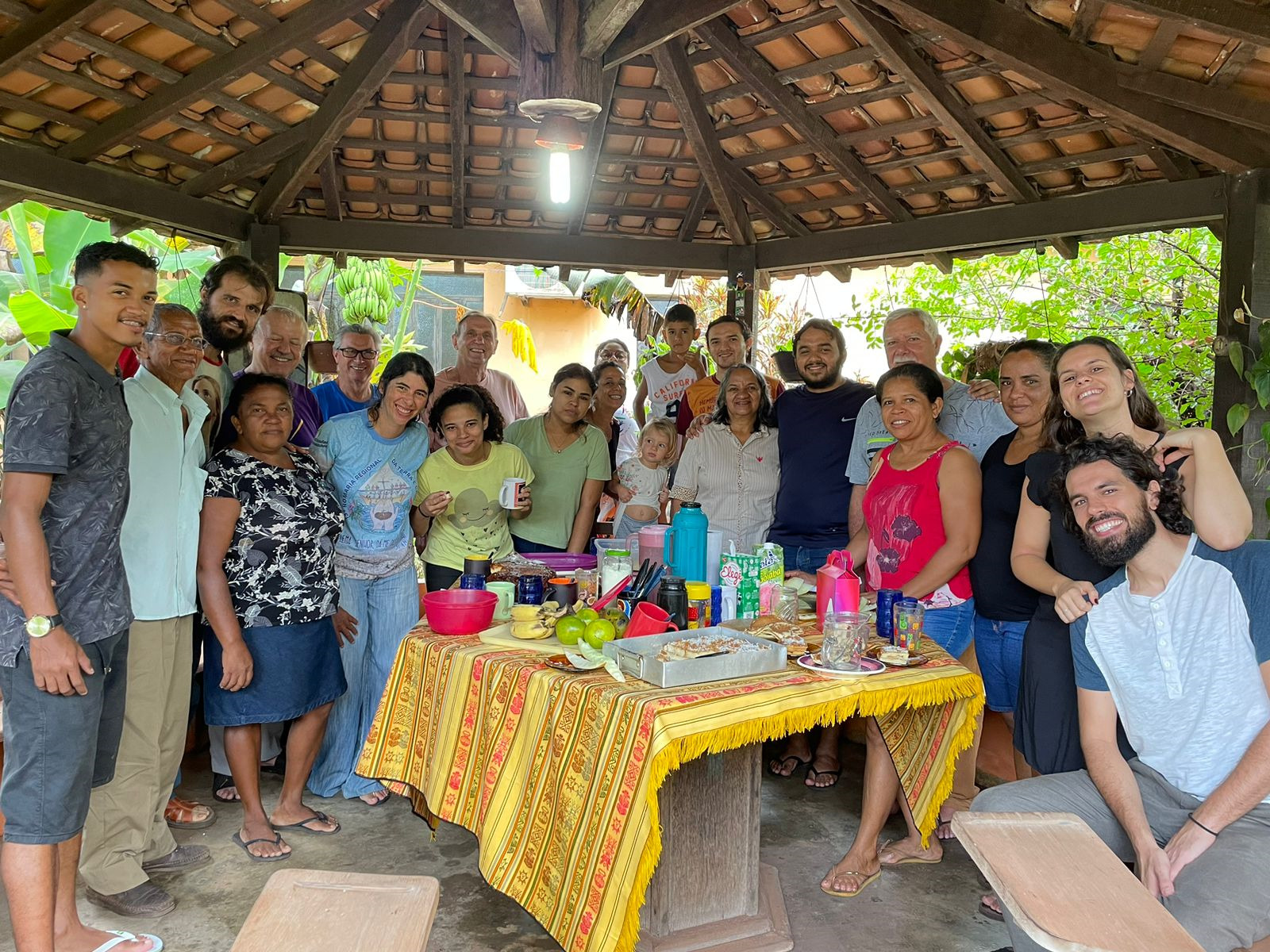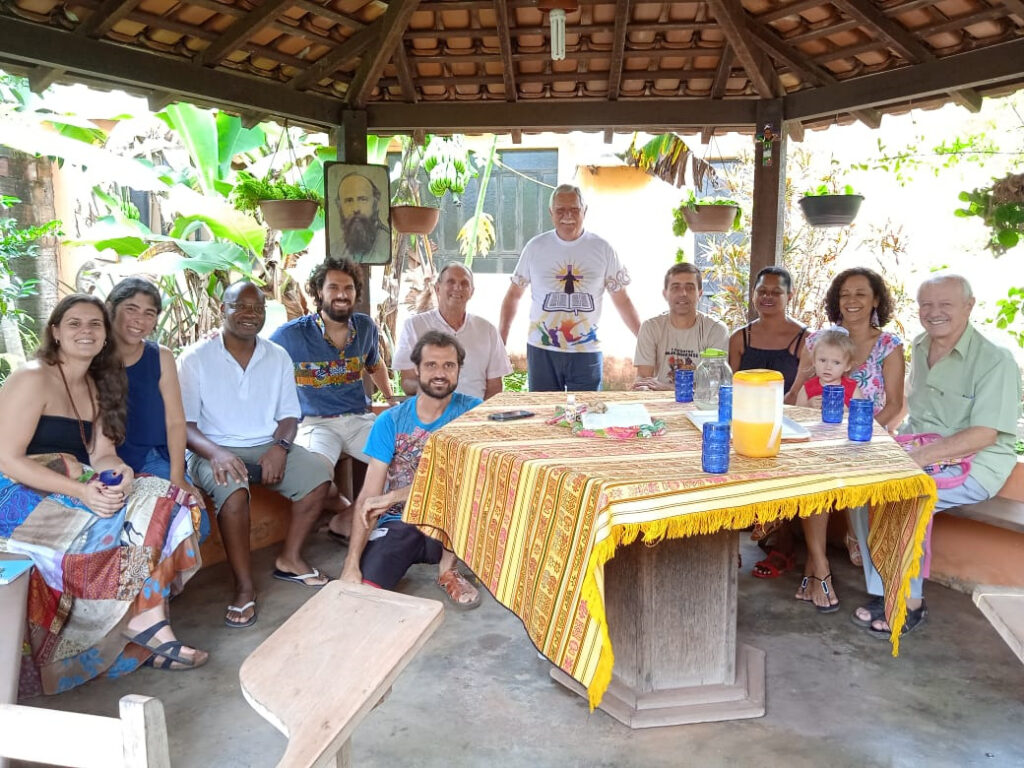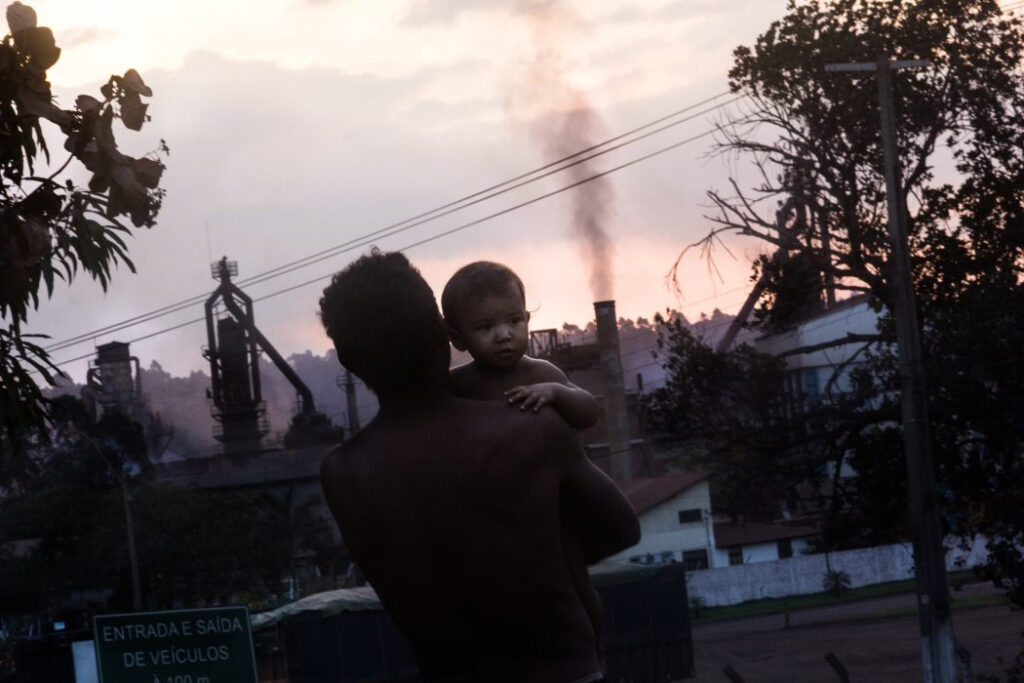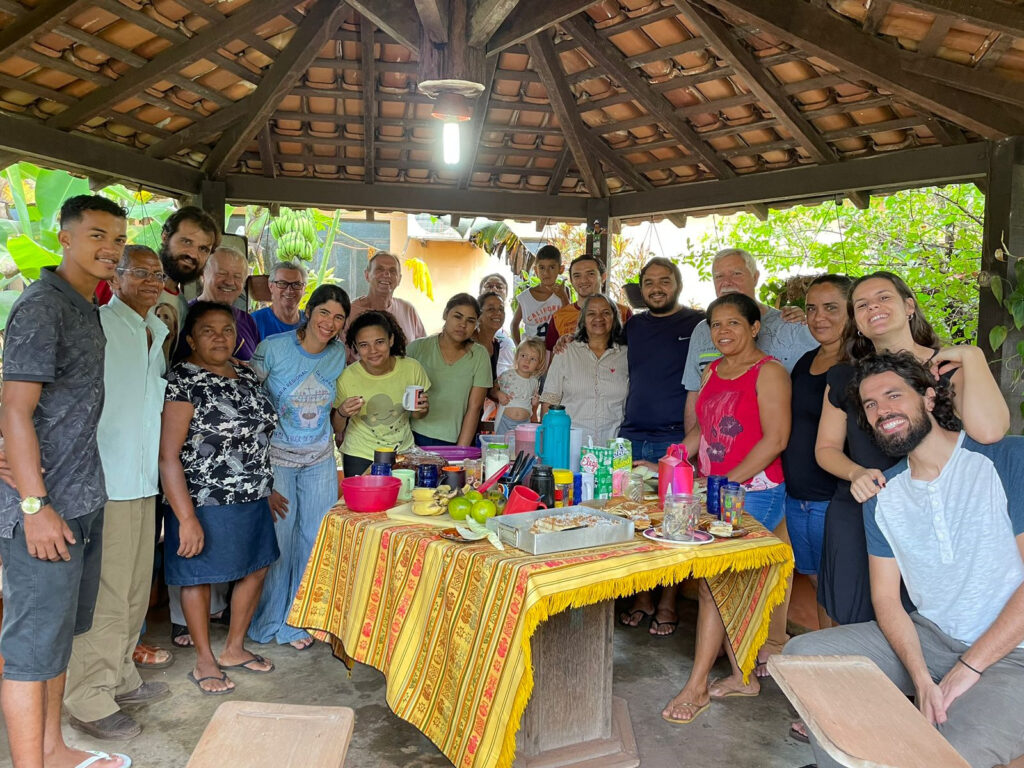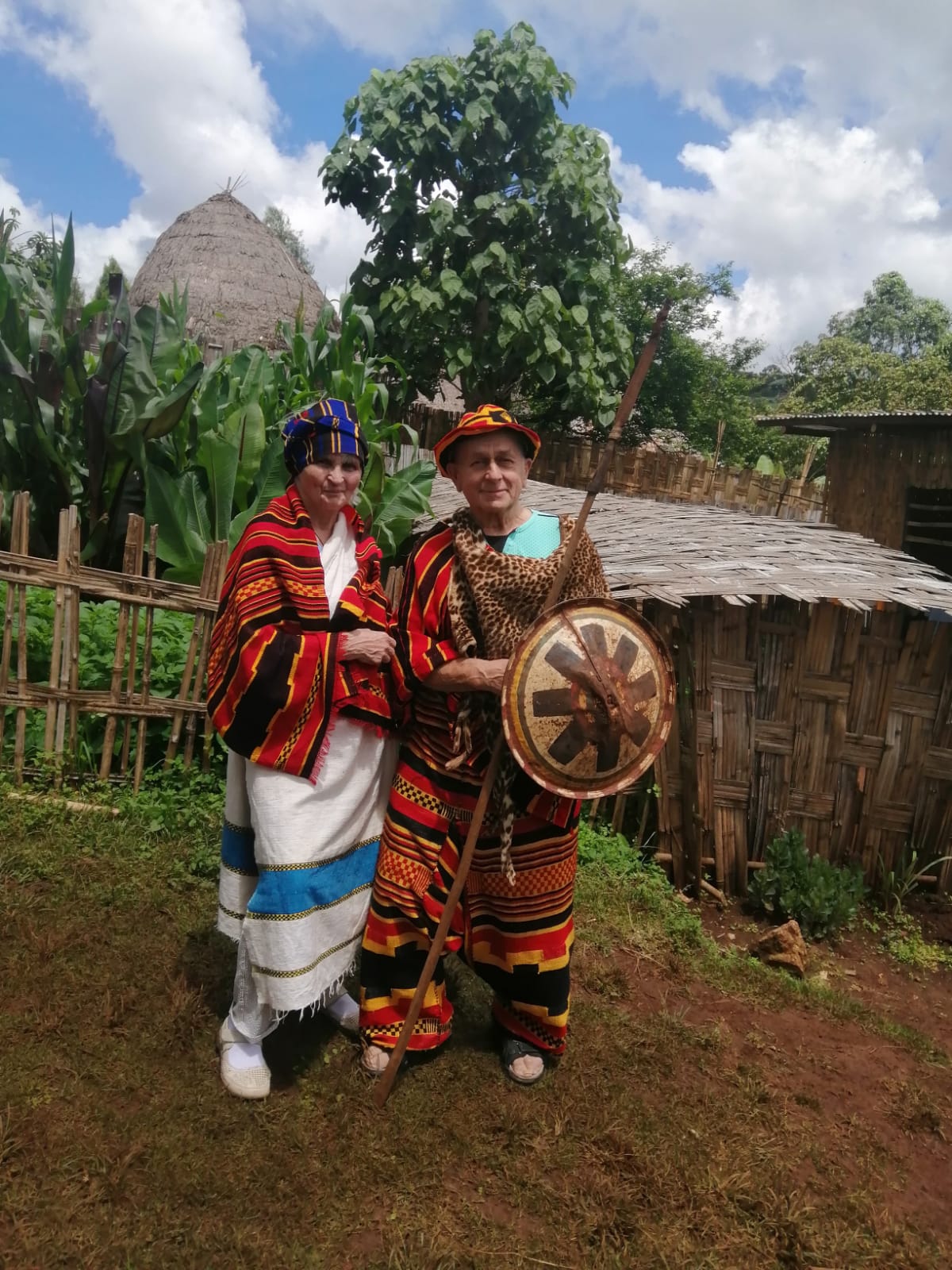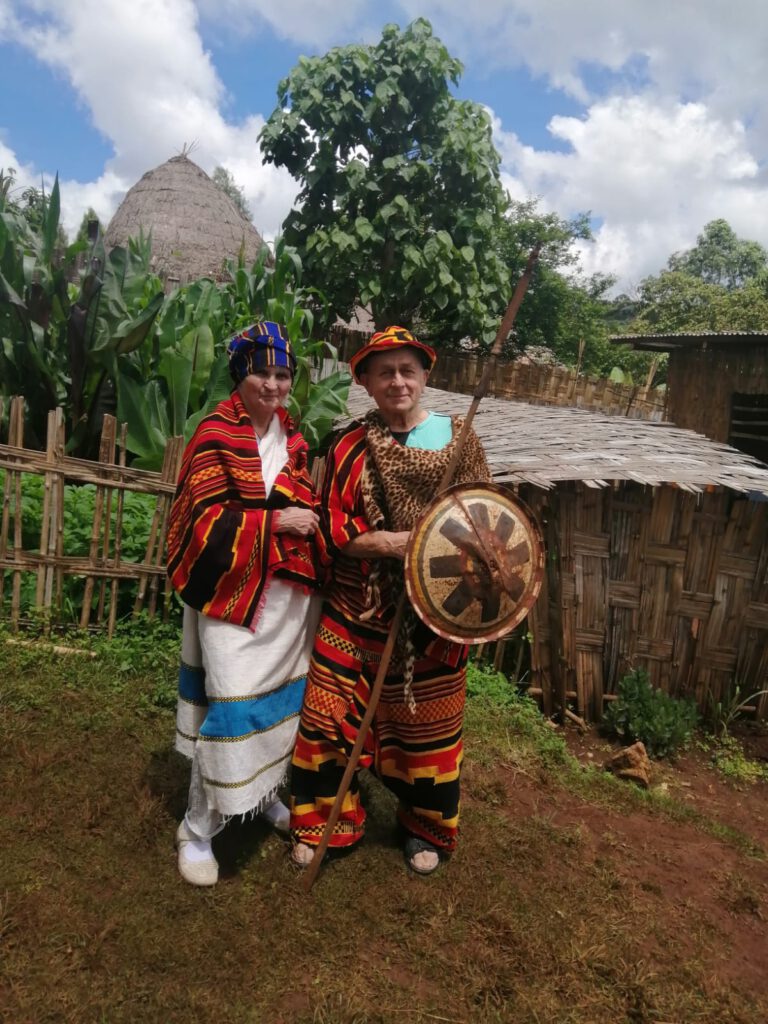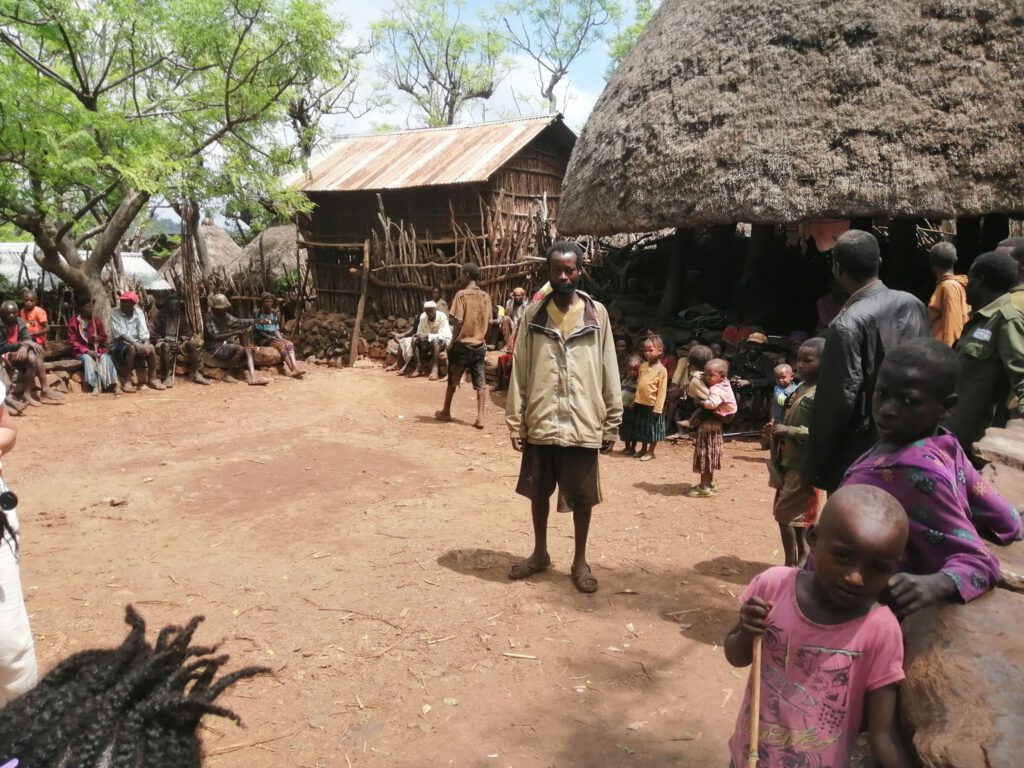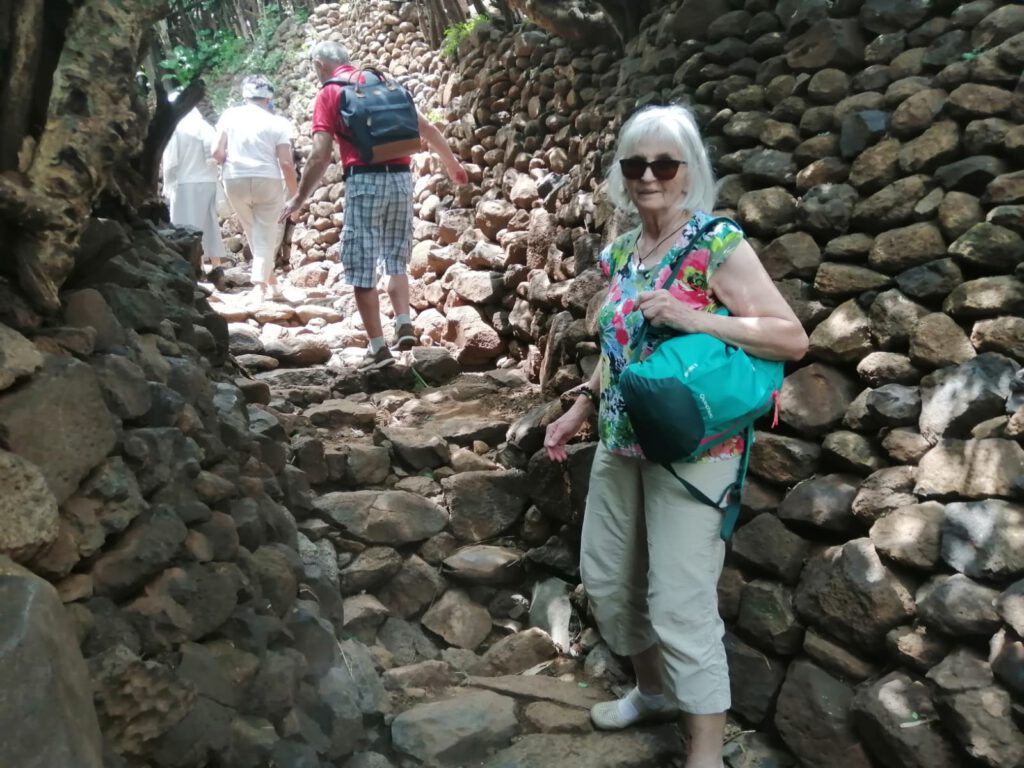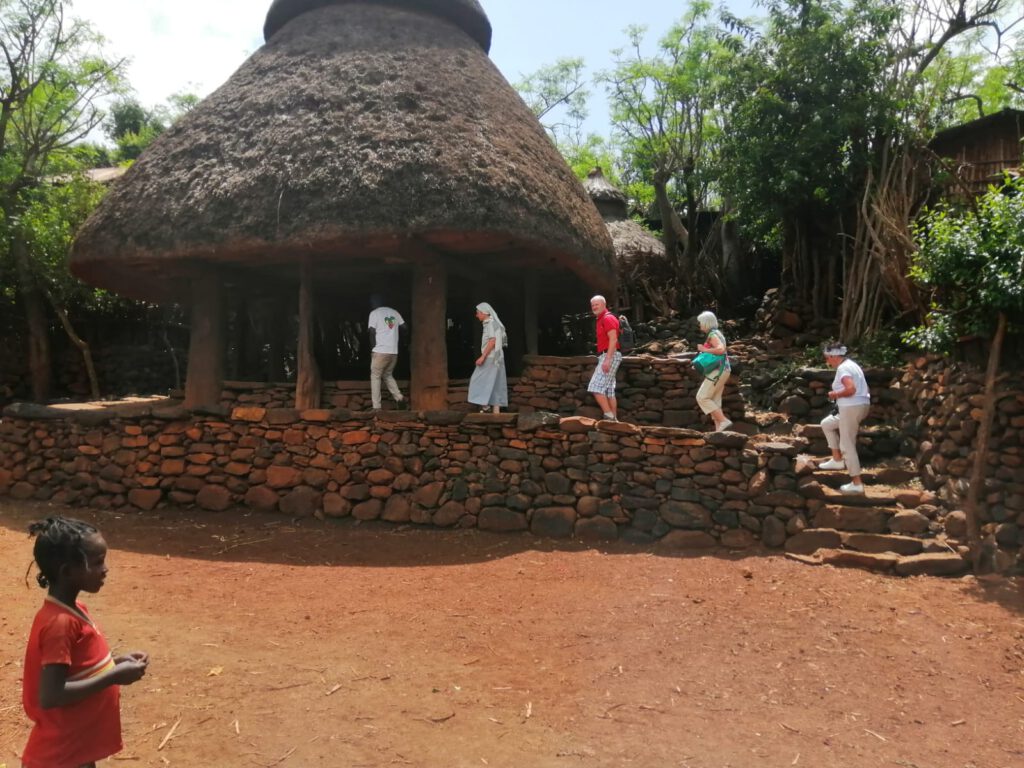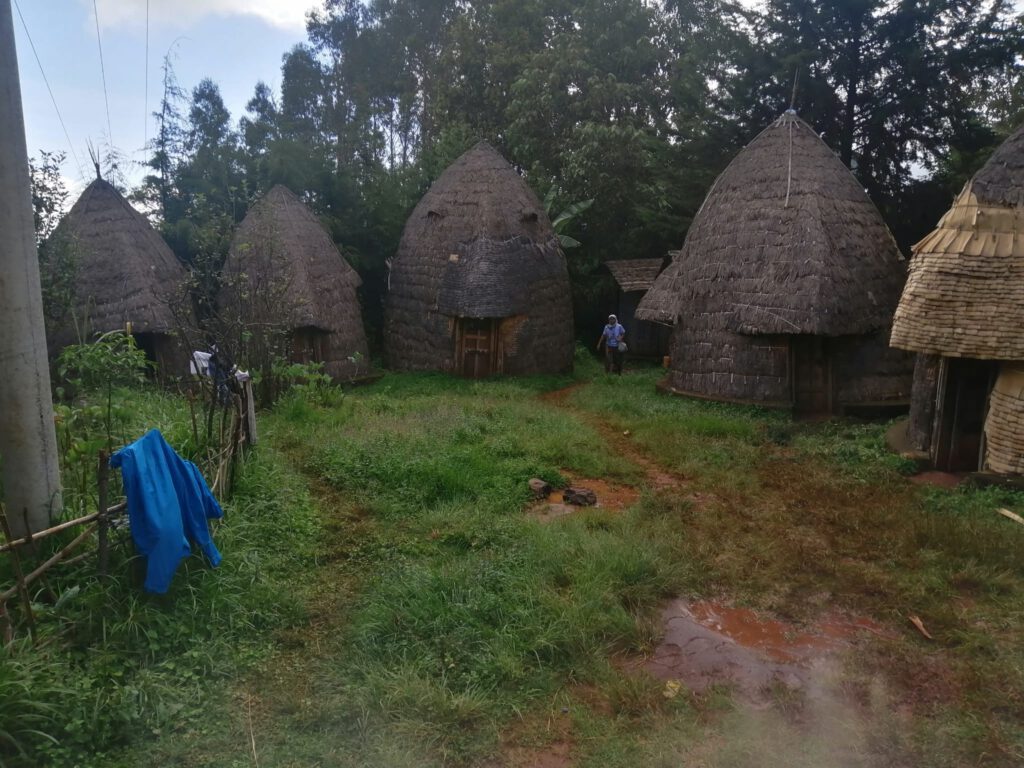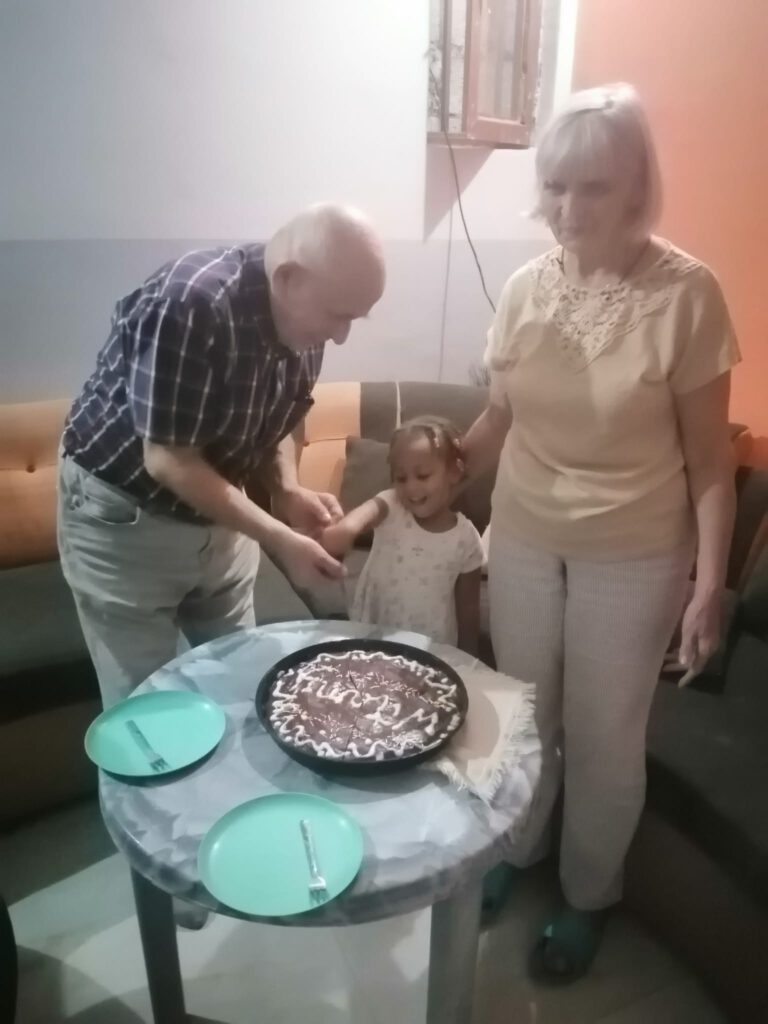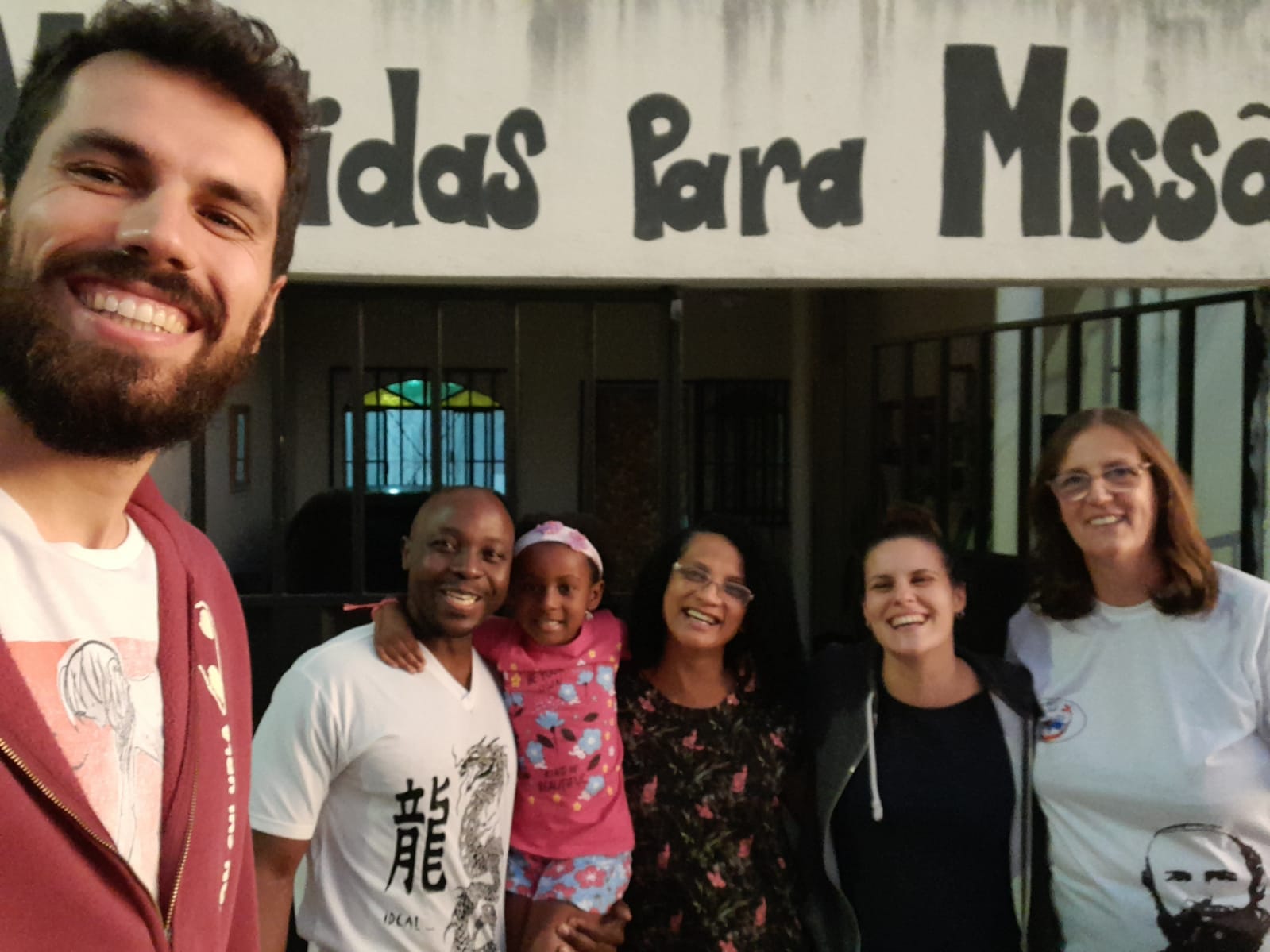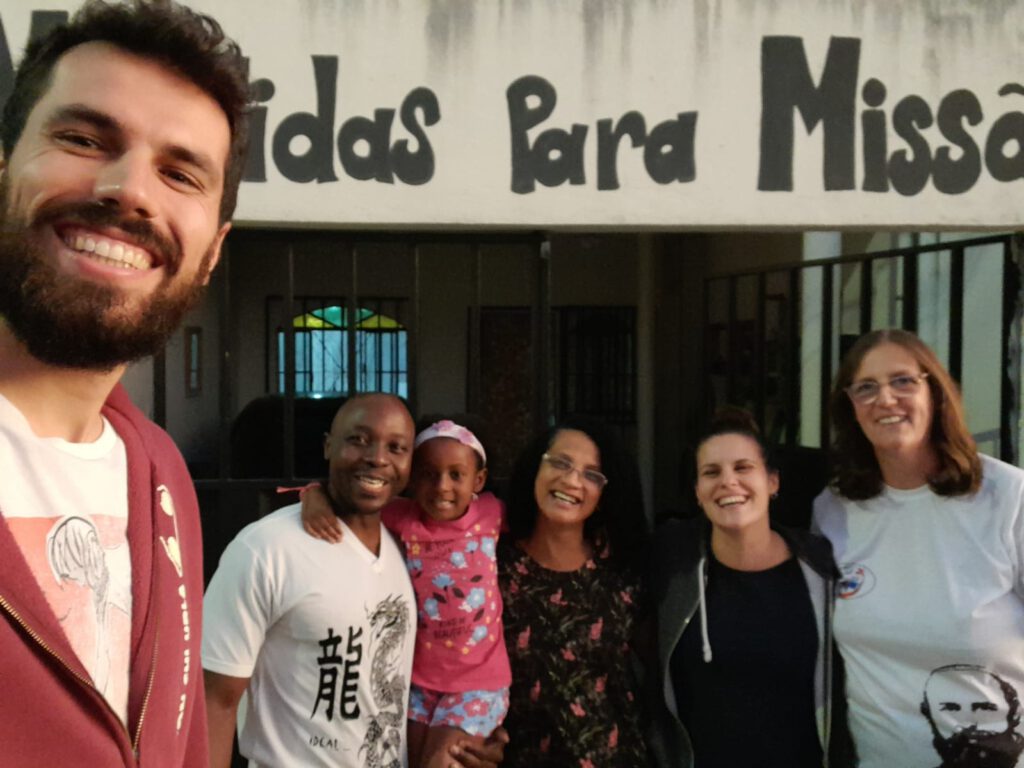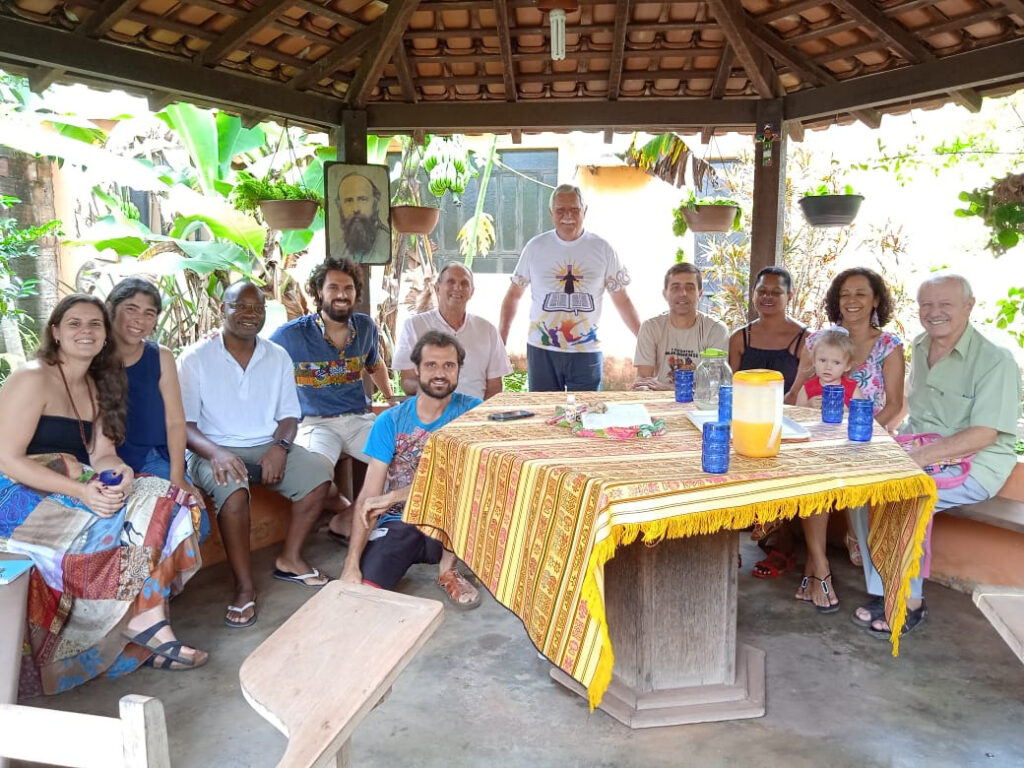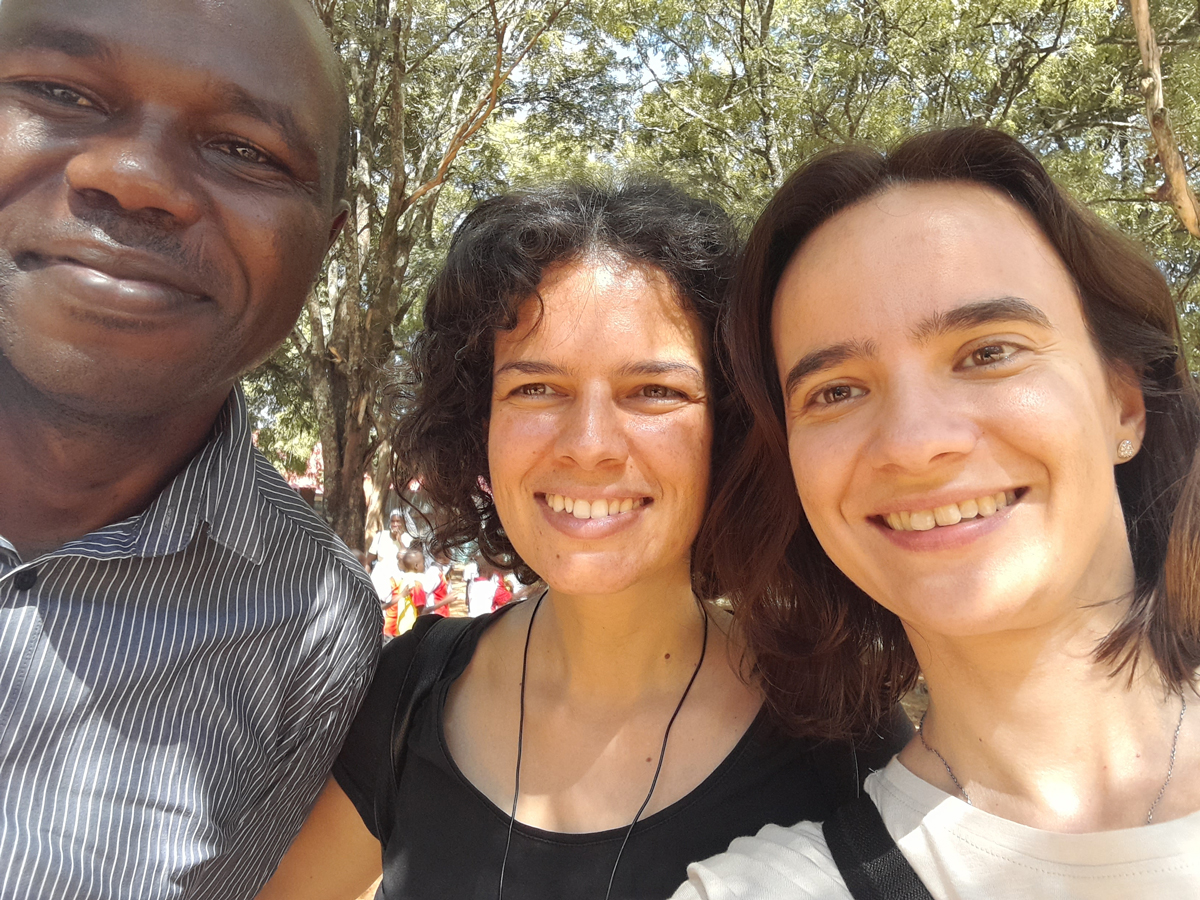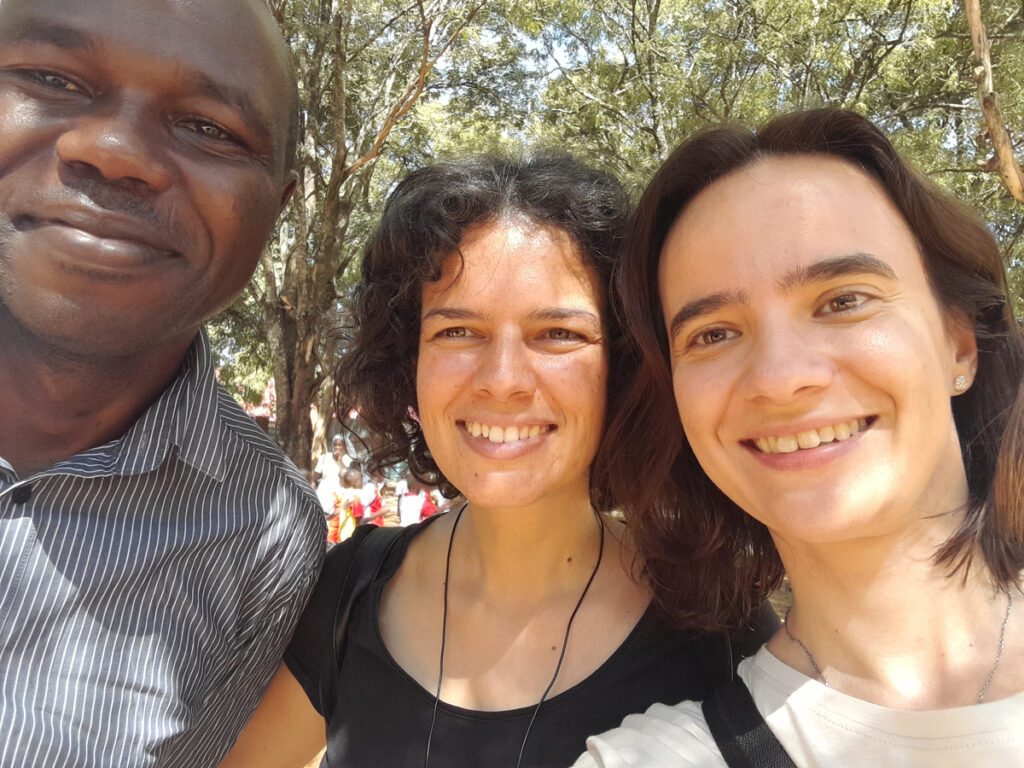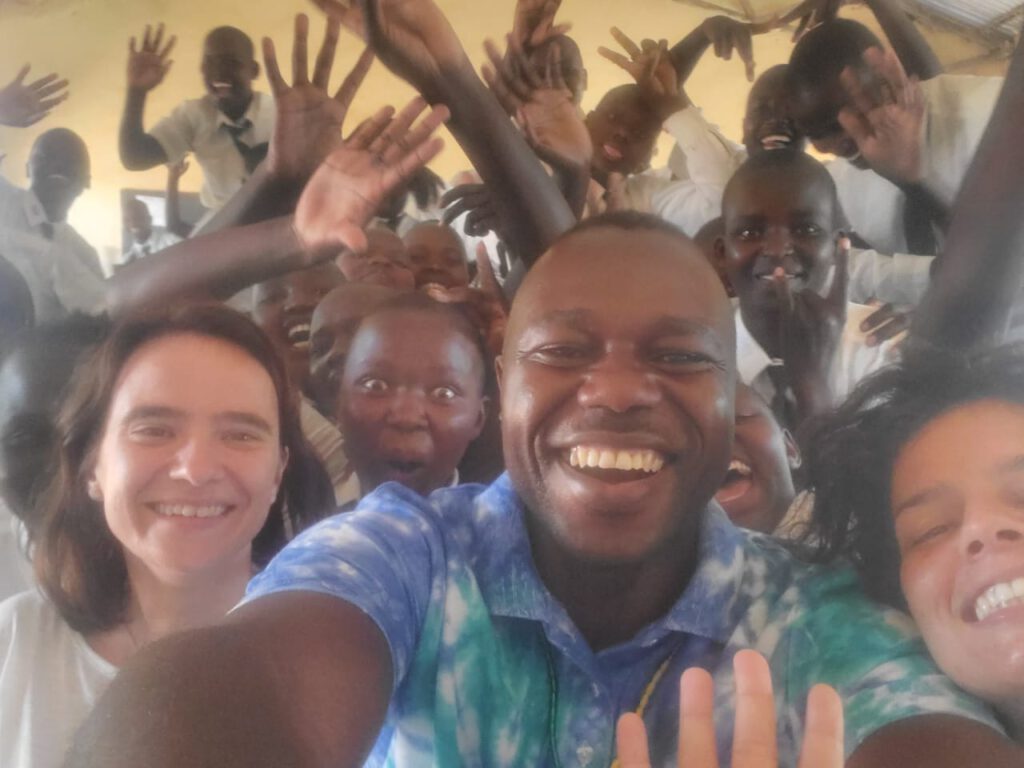The hospitality and arrival in Kenya started on the 19th November’ 2022 welcomed by Fr. Maciej and Linda and CLM Kenya members. As a new international CLM from Uganda I was introduced to so many people and places in Nairobi…. Karibu Kenya.
Touring the Peace Center where many lives were lost due to terrorism…. Was a moment of reflection and meditation, finding grace and peace and God’s divine mercy. As we reflect on the world of today in war Ukraine vs Russia, war in Sudan, pandemics and our daily struggles with each other and our own selves.
Gratitude
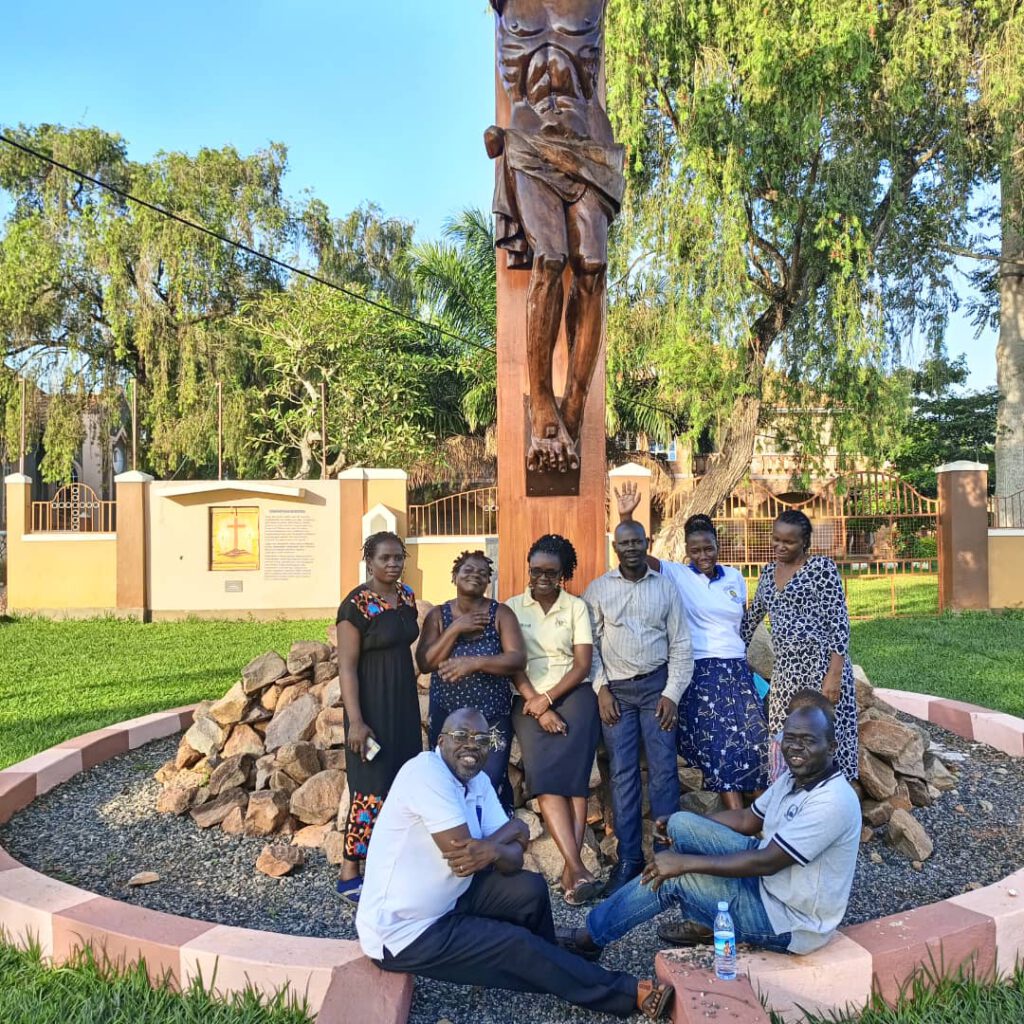
I would like to start with gratitude to my CLM Uganda community and MCCJ Uganda for all the financial, spiritual and moral support accorded to me to be able to travel, survive the challenging environment of missionary experience… They sacrifice a little from their hard earnings to contribute to my up keep in Kitelakapel. They gather in the community house of Bugolobi Mbuya to share and assemble for meetings and prayers and recollections and formation of new members. They also meet in Luwero for seminars and workshops to refresh their faith and missionary work.
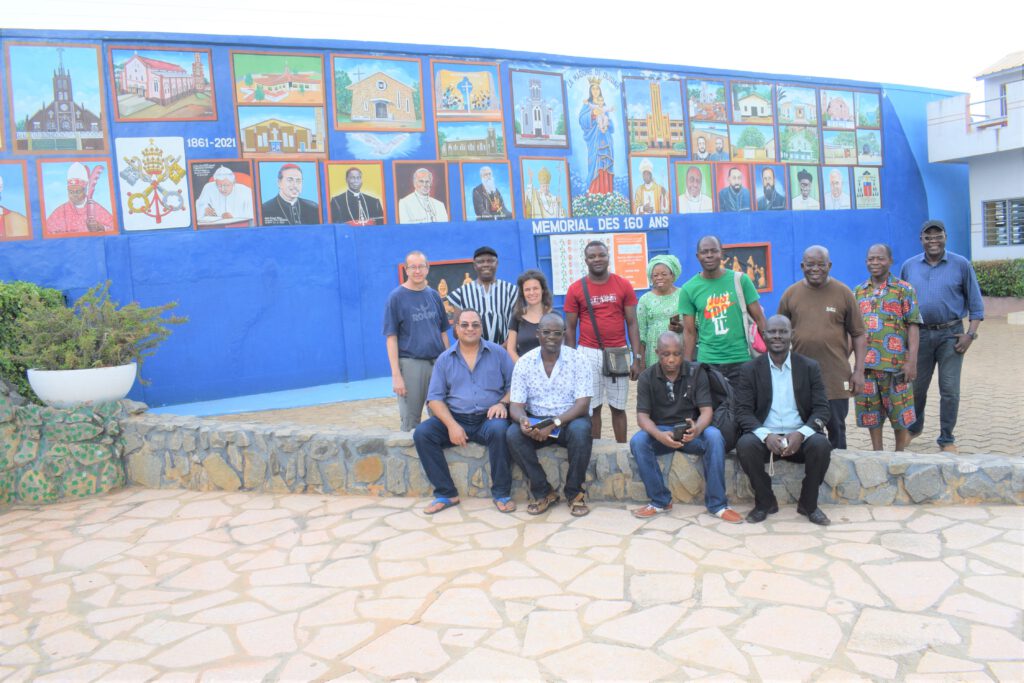
Gratitude also to Alberto and the Central and African committee and coordinating team for the trainings and formation programs and all the moral support given in the one year and encouragement in tough moments of fear and anxiety.
You have not chosen me; I have chosen you to go out and bear fruit that will last… Jn 15:16
My community in Kitelakapel…
We live three people in the community: Linda Micheletti from Italy, Marzena Gibek from Poland and Pius Oyoma from Uganda. We care and look up to each other. We are the first team to start the international community in Kitelakapel- Kenya. We often receive visitors from within and out of Kenya. We share together good moments of prayer and laughter. Our community organizes games for kids. We also do various training like Kiswahili langue, enneagram, formation programs, assemblies ad attend Mass and other festivals in the church. We travel to train and do youth retreats.

The Lord is loving and merciful, slow to anger and full of constant love…
Education….
We are teaching Life Skills in secondary schools of St. Paul’s Boys and St. Bakita Girls boarding school. Gratitude to our sponsors who have financially supported to meet the cost of reach out to the distant schools to train more than 800 students in 2022-2023 academic year as we seek to open doors to other schools in need of our services.
My work and mission… transforming lives…. touching lives…. inspiring… sowing practical talent… and skills
Let the children come to me…
Pastoral Activities with the small Christian communities… Jumuiya.
Another of our main activities consist in visiting families, praying for the sick and troubled families and connecting… being there… being with people, we do also meetings with YSC, Sunday School, Catechism, Bakhita Group, choir, TTI Group.
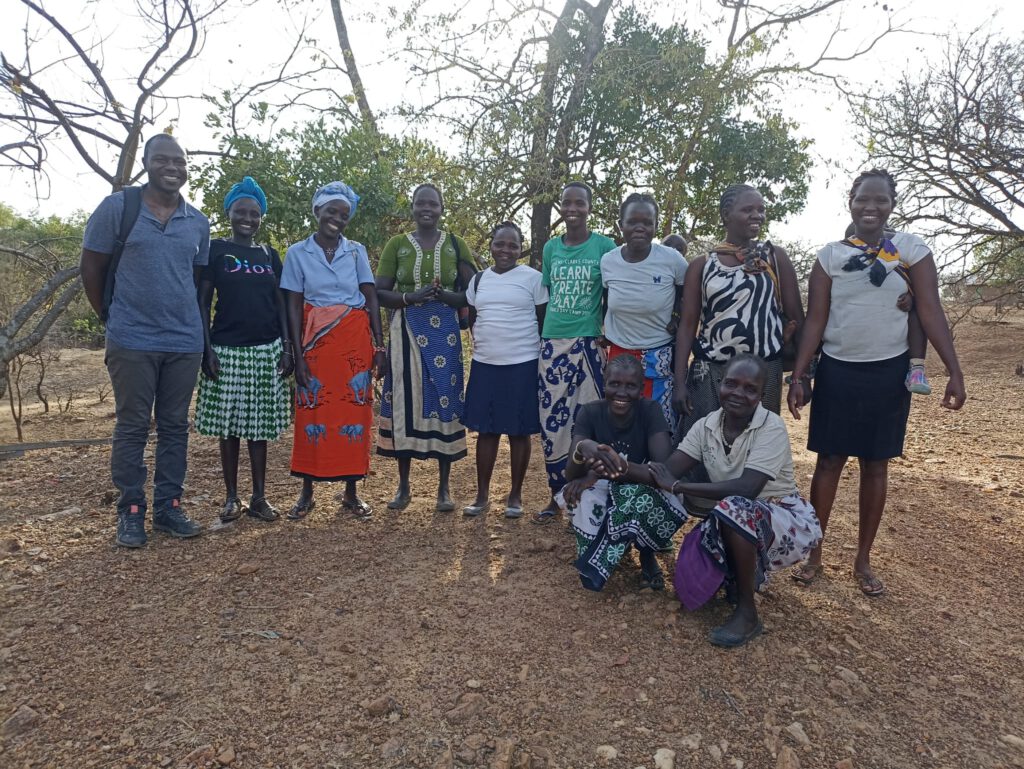
Kitelakapel is an outstation of Kacheliba Parish. It is still an area of first evangelization. There is a small church, built by the MCCJ, and a fathers’ house with a farming project. Not far from it, the MCCJ built a new house that has been allocated to us, in a large compound. Within the compound, on the left side of the CLM house, there’s a plan to build, in the future, a hospital, and on the right side a hall and pitches for the youth to play. The idea is to prepare for the possibility that one day this may become a parish on its own. It’s a very marginalized area, very dry, where people lack access to water and live mainly out of pastoralism. The Pokot in this area remain quite attached to their traditions, with low rates of school attendance and low school performances. As soon as we got here, we could immediately identify some basic needs, in terms of pastoral work, as there seems to be little involvement of the faithful into the running of church activities. The same catechist in charge is too busy to dedicate time to the Jumuiyas and teach catechism. Only recently have some women organized themselves into a small choir, while there are still gaps in the organization of church cleaning and provision of essential elements like candles and other accessories for the celebration of the Mass.
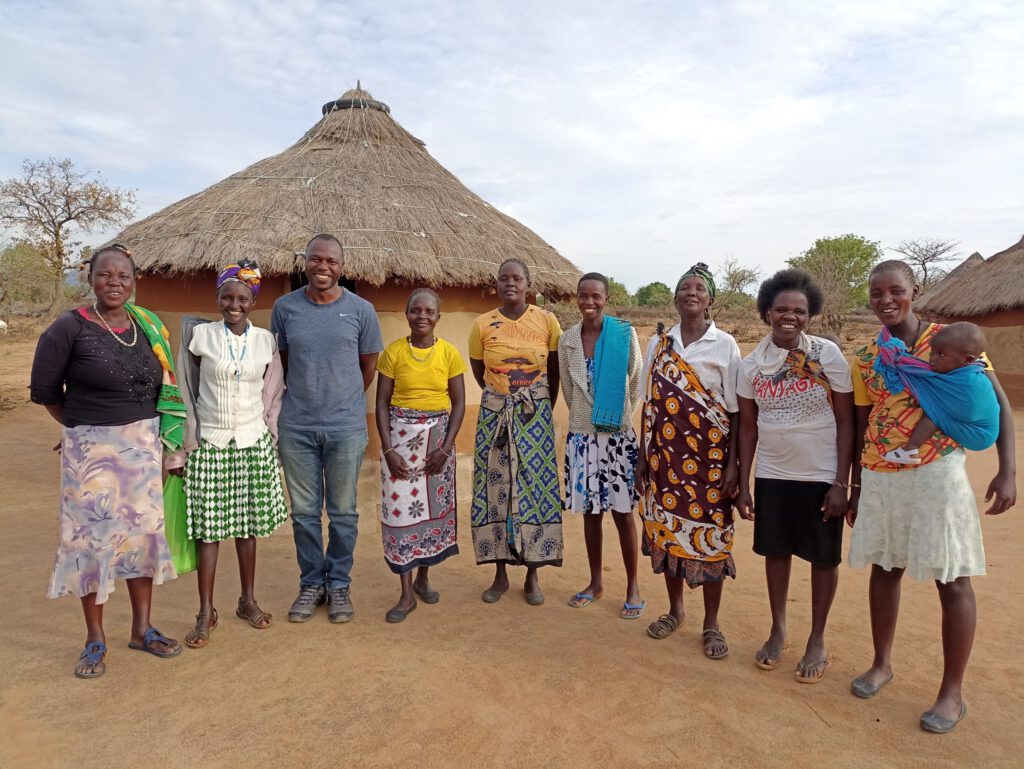
In terms of social aspects, there is an evident problem of alcohol addiction in the area, as well as drugs, disaggregated families, early pregnancies and early marriages (with consequent school droppings), but we are still in the process of understanding and discovering more about the social needs in this area.
Economy….
Supporting the communities with ideas and programs to survive the tough economic times after the COVID pandemic and ongoing world wars is also part of my duties… SACCO it is a system to encourage savings and product development to create jobs and increase revenues and earnings of the group… I was appointed project coordinator for CLM Kenya.
I will bless the fruits of your hard work and multiply you… I will uphold you with my victorious right hand… nothing will ever separate you from my love.
My stakeholders…
Meeting our Bishop HENRY JUMA was the most exciting moment of my life and this feeling of faith and passion made enjoy every moment of his presence… Our parish priest, father Charles, a friendly and fatherly man and fathers from Kacheliba Parish and Amakuriat Parish… Comboni sisters and brothers and our lay missionaries of Kenya. Our provincial superior Fr. Andrew so welcoming and warm hearted and fatherly to everyone.
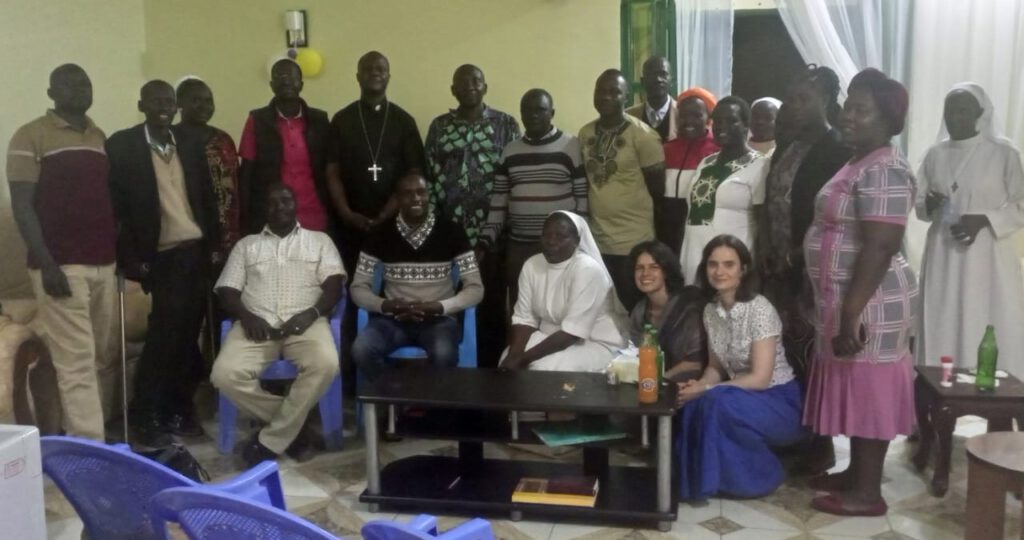
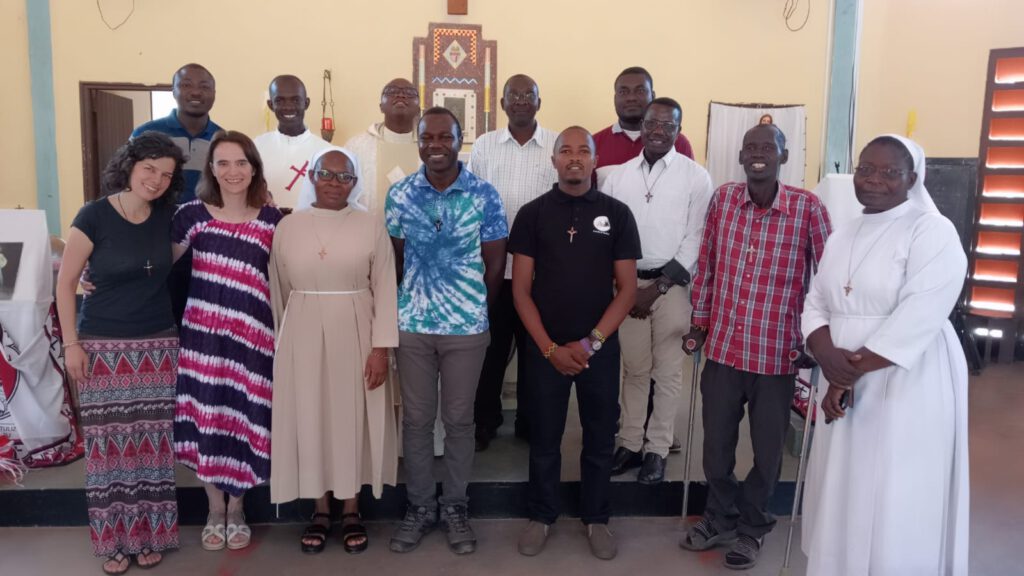
Fr. Philippe and Fr. Thomas our legends of west Pokot share with us good moments of the 50 years of Comboni in Kacheliba. Golden jubilee…
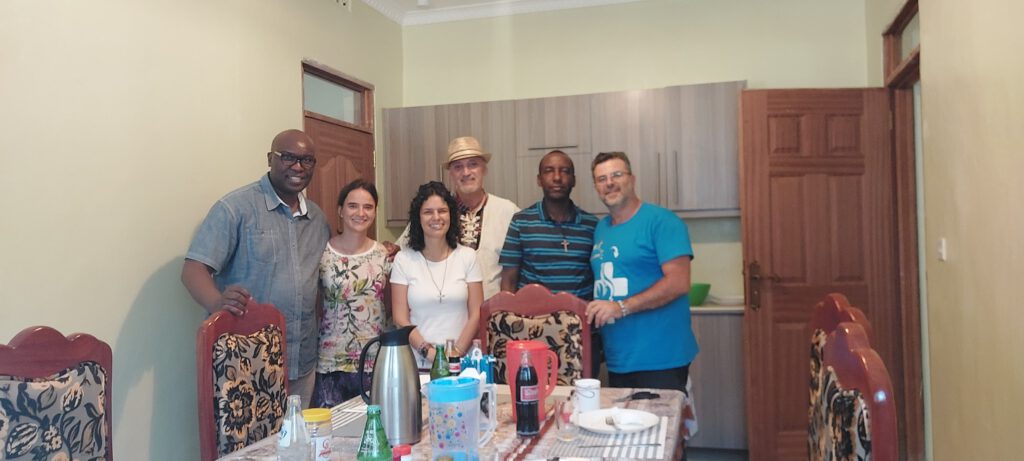
The moment I met you, my value increased and that’s how much valuable you are to me…
The youth… young …the energy and the magic.
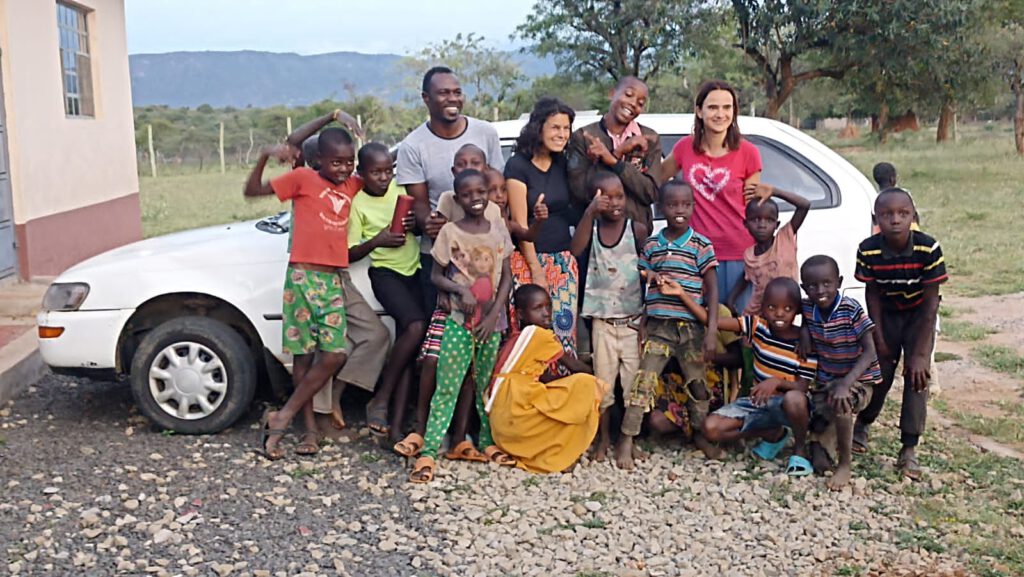
Humble yourself under the mighty hand of God so that he will lift you up in his own time. Leave all your worries with him for he cares for you…
God is my creator and my redeemer and he loves me dearly… Shukurani…
Pius Oyoma, CLM in Kenya




